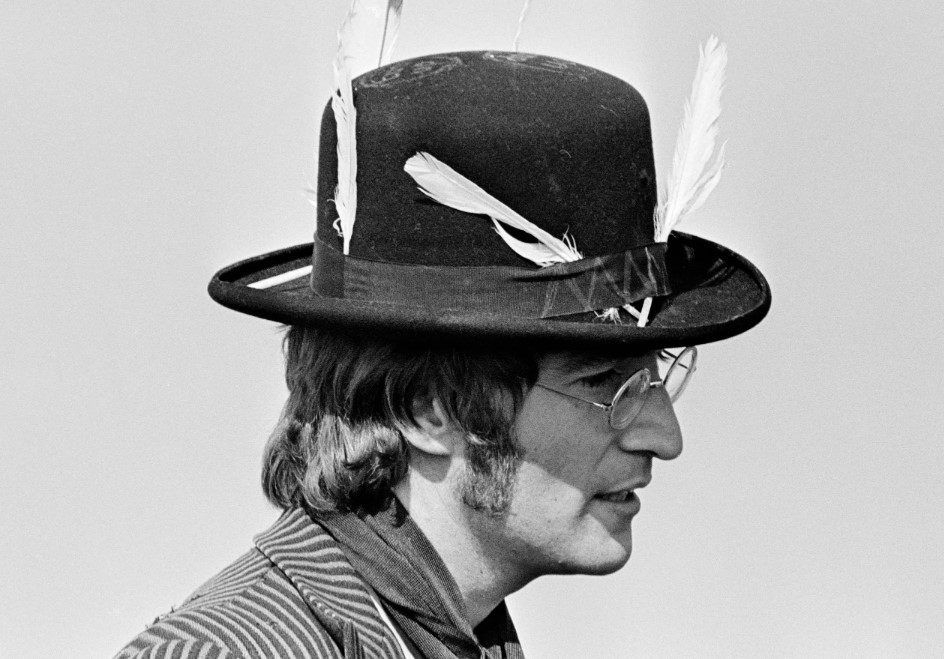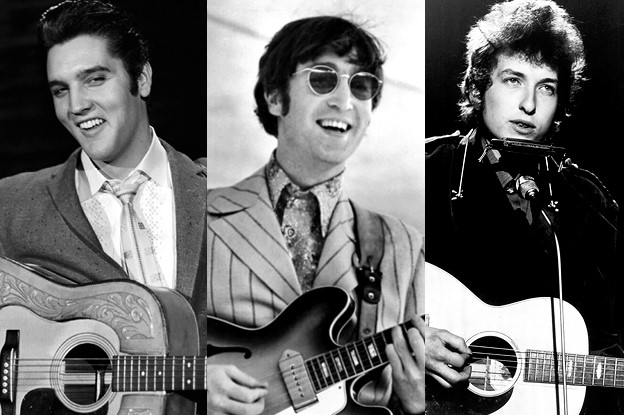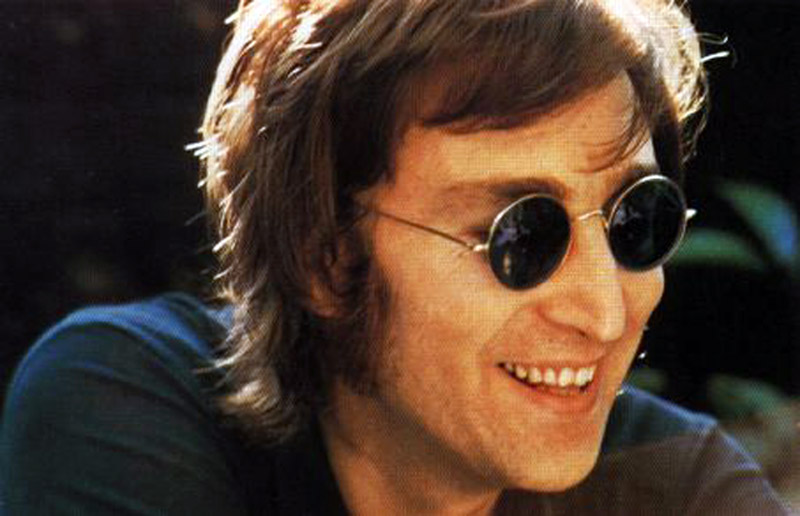"The U.S. vs. John Lennon," a documentary released in 2006, delves into the tumultuous period of the late 1960s and early 1970s, capturing the intersection of music, politics, and activism through the lens of one of the world's most iconic musicians, John Lennon. Directed by David Leaf and John Scheinfeld, this film explores Lennon's transformation from a celebrated Beatle to a vocal advocate for peace and social change, and the subsequent scrutiny he faced from the United States government.

The late 1960s were marked by a fervent atmosphere of political and social upheaval. The Vietnam War was raging, the civil rights movement was gaining momentum, and a global call for peace echoed through protests and demonstrations. It was in this charged environment that John Lennon, known for his musical prowess with The Beatles, emerged as a prominent figure seeking to use his influence for positive change.

Lennon's outspoken opposition to the Vietnam War and his unwavering advocacy for peace made him a target of the U.S. government. His anti-establishment stance and call for "give peace a chance" resonated with a generation seeking alternatives to the status quo. "The U.S. vs. John Lennon" captures this transformative period, offering viewers a front-row seat to the collision of politics and artistry.

The documentary skillfully weaves together archival footage, interviews, and audio recordings to present a comprehensive narrative of Lennon's journey from a beloved pop icon to a symbol of political dissent. By employing a mix of historical footage and contemporary interviews with those who were close to Lennon, the filmmakers provide an intimate look into the man behind the music and activism.

The film doesn't shy away from portraying the complexities of Lennon's character, exploring his personal struggles, the strained relationships within The Beatles, and the challenges he faced in balancing his artistic pursuits with his newfound role as a social and political activist. This nuanced portrayal adds depth to the documentary, presenting a more holistic view of Lennon as both a musician and an advocate.

"The U.S. vs. John Lennon" chronicles Lennon's evolution from a pop culture phenomenon to a prominent voice for peace. His bed-ins for peace, where he and Yoko Ono staged non-violent protests from their hotel rooms, became iconic symbols of his commitment to activism. The documentary captures these moments with a blend of reverence and candidness, allowing viewers to witness Lennon's genuine passion for effecting change.
The film also explores Lennon's collaboration with other influential figures of the time, such as activists Jerry Rubin and Bobby Seale. Together, they formed a collective known as the "Lennon and Ono Year of Peace," a movement that aimed to harness the power of art and music to promote anti-war sentiments and foster a sense of unity among the youth.

As Lennon's influence grew, so did the scrutiny from the U.S. government. The documentary sheds light on the Nixon administration's attempts to suppress Lennon's impact on public opinion, viewing him as a threat to the established order. The government's efforts to deport Lennon become a central focus of the film, illustrating the lengths to which those in power were willing to go to silence a dissenting voice.
"The U.S. vs. John Lennon" skillfully portrays the legal battle Lennon faced, juxtaposing courtroom scenes with his public appearances and artistic expressions. The filmmakers present the government's actions as a broader assault on freedom of speech and political dissent, making a compelling case for the importance of artists engaging in political discourse.

Beyond its exploration of Lennon's activism, the documentary serves as a poignant reflection on the power of art and music to inspire change. Lennon's timeless songs, such as "Imagine" and "Give Peace a Chance," are showcased not only as musical masterpieces but as anthems that fueled a movement. The film positions Lennon as a cultural force whose impact extended far beyond the realm of entertainment.
"The U.S. vs. John Lennon" also invites viewers to reflect on the parallels between the political climate of Lennon's era and contemporary challenges. As issues of war, civil rights, and activism continue to shape the world, the documentary serves as a reminder of the enduring relevance of Lennon's message and the responsibility artists bear in the face of social and political turmoil.

"The U.S. vs. John Lennon" stands as a compelling testament to the enduring legacy of one of the 20th century's most influential musicians. Through a careful blend of historical footage, interviews, and a thoughtful narrative, the film captures the essence of a transformative period in both Lennon's life and global history. By intertwining the personal and political dimensions of Lennon's journey, the documentary presents a nuanced and humanizing portrait of an artist who dared to use his platform for meaningful change. As we revisit this cinematic chronicle, we are reminded of the indomitable spirit of John Lennon and the profound impact he left on the world – a legacy that transcends music and continues to inspire generations to imagine a world of peace.



